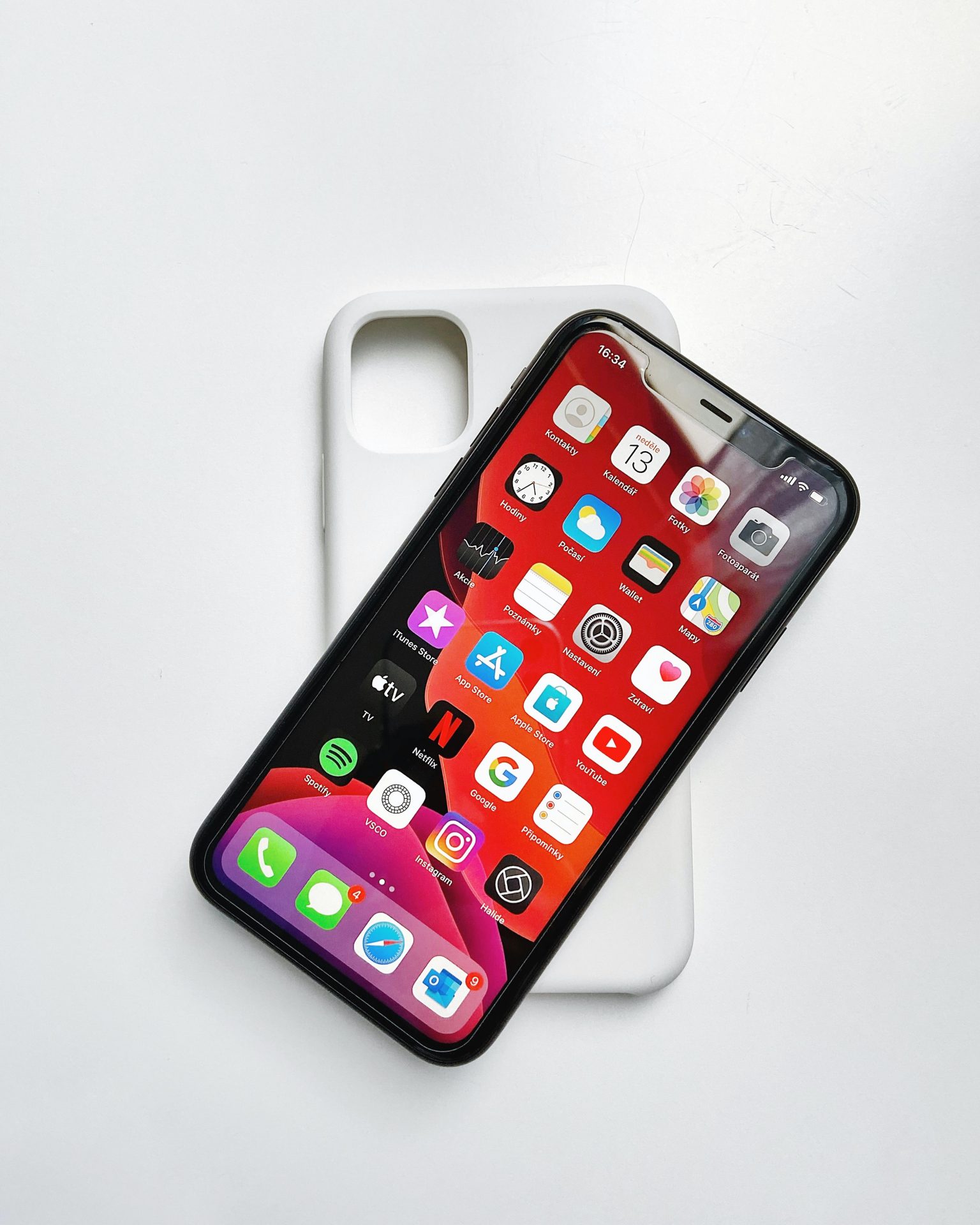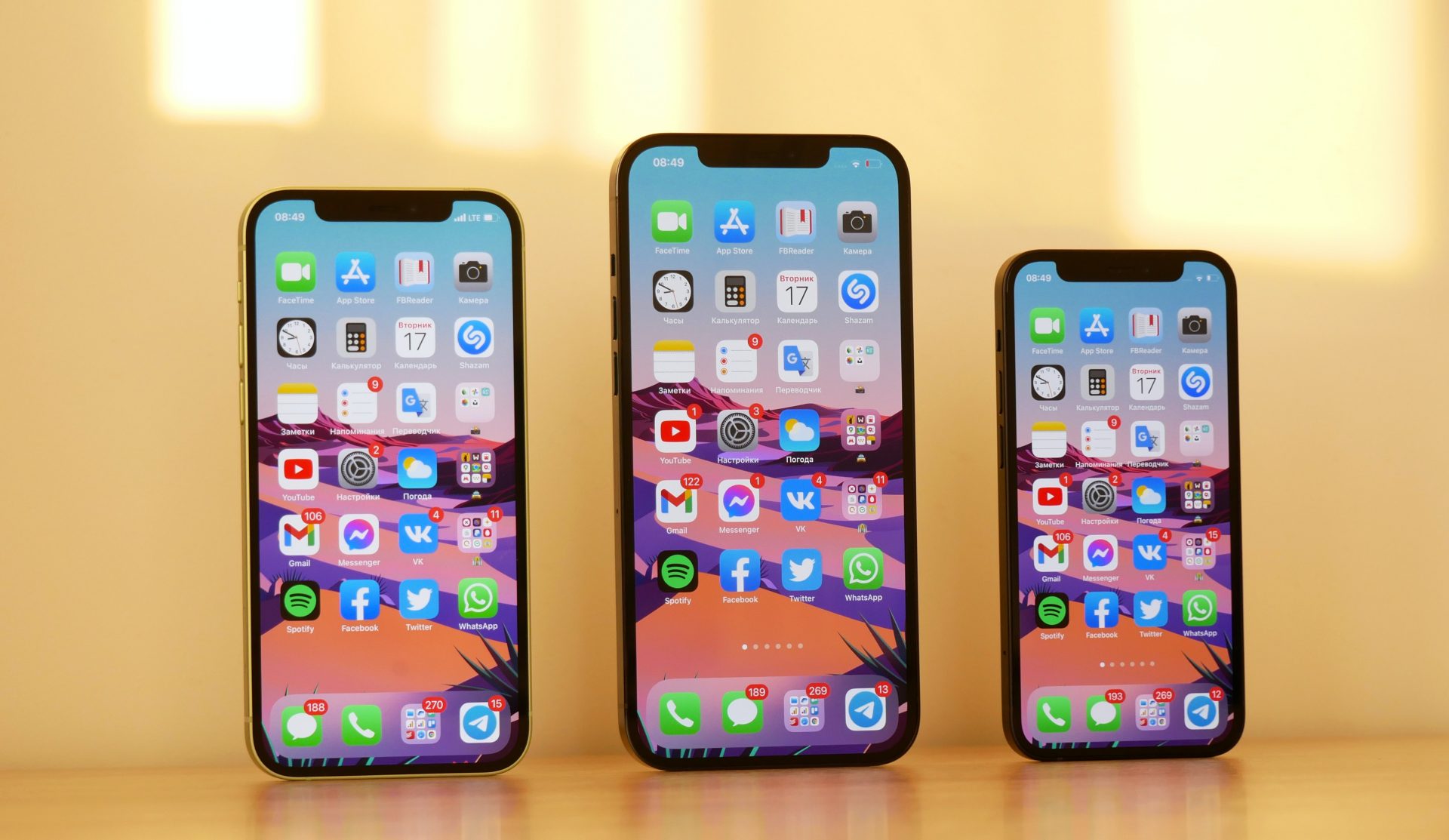Do I need an Antivirus app on my iPhone? Read on for the answer.
To protect your files and data, getting an antivirus app on any device is mainly recommended.
If you use your iPhone to check social media or email, make bank transactions on websites or mobile apps, send texts, store contacts, or take selfies. Then, it is okay to worry about security. If this data gets into the wrong hands of cyber crooks, it could cause a lot of damage to you and your loved ones.
Asking the question, “Do I need an Antivirus App on my iPhone?” Is undoubtedly a question iPhone users need to ask at some point.
The answer to this question will be provided in this article.
Table of Contents
Do I Need Antivirus App On iPhone?
The answer is no; you do not need to install antivirus on your iPhone. You need to stick to the Apple Store when it comes to getting files such as apps and games, then you are secured.
Also, for a virus to spread, the virus must communicate with other programs that make up that system.
However, the iPhone operates in a way that allows each app to run on its own. This implies that there is no interaction between apps, which makes it more difficult for viruses to invade.
If you need an antivirus app for your iPhone, we have a list of the best antivirus for 2023 that you will find helpful in making a decision.
What Is An Antivirus App?
Antivirus Apps are software designed to detect and remove viruses, spyware, unsafe apps, settings, and other forms of nasty threats.
Antivirus apps primarily run secretly in the background while protecting your devices and evicting any form of threats on your phone safely.
- Read Also: Surfshark Antivirus Review
Can An iPhone Get Virus?
One of the most significant advantages of the iPhone is that it has extreme security that shields its users from virus invasion. Regardless, there are cases where they are ‘jailbroken’.
‘Jailbroken’ on an iPhone means the removal of all restrictions imposed on an iOS device. This allows root access to the device files that can be used to manipulate the installation of files that Apple does not support and, therefore, allows the virus into the device.
There have been cases of iPhone users jailbreaking their smartphones to be able to get access to files that are not supported by Apple, which can lead to security.
How To Ensure Safe Browsing On iPhone
The App Store ensures the proper vetting of potential threats, which makes it safe for iOS to be free from any intruder. However, there are still certain things you can do to ensure safe browsing on your iPhone. Which are;
- You need to keep it updated and try to take reminders for a new version of iOS seriously.
- Only allow apps that you trust permission to access things such as camera, photos, location, and contacts.
- Be vigilant and pay attention to warnings on your iPhone when you visit unsafe sites.
- Do not jailbreak your iPhone. Resist the temptation of doing it at all costs because the risk involved is more significant than what you get.
READ ALSO: The Ultimate Guide to Using a VPN on Your iPhone – Tips and Tricks
Keeping Your iPhone Secure: Antivirus FAQs
iPhones are generally well-protected against traditional viruses, but security awareness is still essential. This FAQ addresses the need for antivirus apps on iPhones.
Do I Need an Antivirus App for My iPhone?
Traditionally, iPhones are less susceptible to viruses compared to Windows PCs due to Apple’s robust App Store security measures and the iOS operating system. However, security threats do exist:
- Malware: Malicious software can steal data, track your activity, or bombard you with ads.
- Phishing scams: Deceptive emails or websites can trick you into revealing personal information or downloading malware.
- Unsecured Wi-Fi networks: Using public Wi-Fi without a VPN can expose your device to vulnerabilities.
An antivirus app might offer some additional protection, but it’s generally not essential for basic use.
Does Apple Recommend Antivirus Apps?
Apple doesn’t recommend specific antivirus apps, and they’re not pre-installed on iPhones. Apple emphasizes App Store security and built-in iOS features.
READ ALSO: How To Stop Calls On iPhone Without Blocking Them
Does Apple Have Built-in Antivirus?
While not technically antivirus software, iOS has robust security features like:
- App Sandboxing: Apps run in a restricted environment, limiting their ability to access other parts of your system or steal data.
- Software Updates: Regular updates often include security patches to address vulnerabilities.
- Secure Boot Process: Verifies the software used to boot your iPhone is legitimate before it starts up.
- Find My iPhone: Helps locate your phone if lost or stolen and allows remote wiping of data.
Can iPhones Get Viruses?
It’s uncommon, but iPhones are not entirely immune. Malicious apps or websites could compromise your device:
- Data Theft: Personal information like passwords or financial details could be stolen.
- Privacy Issues: Your browsing habits or online activity could be tracked.
READ ALSO: How To Fix iPhone Overheating Problem: 6 Easy Steps
How to Keep Your iPhone Safe?
Here are some essential security practices:
- Download Apps Only from the App Store: Avoid installing apps from untrusted sources.
- Be Wary of Phishing Scams: Don’t click on suspicious links or attachments in emails or messages.
- Use Strong Passwords and Enable Two-Factor Authentication: Make it more challenging for unauthorized access.
- Keep Your Software Updated: Install the latest iOS updates for security patches.
- Consider a VPN When Using Public Wi-Fi: A VPN encrypts your internet traffic for added security on public networks.
Conclusion
The decision to use an antivirus app is ultimately yours. Weigh the potential benefits against the added cost and complexity.
By following these security practices, you can significantly reduce the risk of threats to your iPhone.
There is no 100 per cent guarantee of security for any system or device, but iPhones are the safest devices when it comes to malware.
If you follow the safety browsing tips listed above, then you do not need to get an Antivirus on your iPhone.
INTERESTING POSTS
- Use UltData iPhone Data Recovery to recover data on Damaged iOS device
- Best Phone Spy App For Android And iPhone You Should Try
- Ultimate Lists of Dangerous Apps
- 5 Top Apple Mail Alternatives For iPhone And Mac
- Full Review Of Fixppo iOS System Repair Tool
- Adware Versus Ransomware
- Best Antivirus Reddit Users Recommended 2024
- Is Incogni Worth It? [Unbiased Answer]
- Best VPN Reddit Users Recommended For Ultimate Online Security
About the Author:
Gina Lynch is a VPN expert and online privacy advocate who stands for the right to online freedom. She is highly knowledgeable in the field of cybersecurity, with years of experience in researching and writing about the topic. Gina is a strong advocate of digital privacy and strives to educate the public on the importance of keeping their data secure and private. She has become a trusted expert in the field and continues to share her knowledge and advice to help others protect their online identities.
Meet Angela Daniel, an esteemed cybersecurity expert and the Associate Editor at SecureBlitz. With a profound understanding of the digital security landscape, Angela is dedicated to sharing her wealth of knowledge with readers. Her insightful articles delve into the intricacies of cybersecurity, offering a beacon of understanding in the ever-evolving realm of online safety.
Angela's expertise is grounded in a passion for staying at the forefront of emerging threats and protective measures. Her commitment to empowering individuals and organizations with the tools and insights to safeguard their digital presence is unwavering.


![Do I Need Antivirus App On iPhone? [Here's The Answer] Do I Need Antivirus App On iPhone? [Here's The Answer]](https://secureblitz.com/wp-content/uploads/2022/04/Do-I-need-1.png)





